If you’ve ever been diagnosed with depression or anxiety, you may have been prescribed a selective serotonin reuptake inhibitor (SSRI). But what are they? What does an SSRI treat and how do they work? Let’s break it down in plain terms.
What Are SSRIs?
The letters SSRI stand for selective serotonin reuptake inhibitor. That certainly is a mouthful and it sounds complicated, but it essentially means these medications help regulate the levels of serotonin in your brain. Serotonin, is a neurotransmitter or chemical produced in the body. People often call it the ‘feel-good’ chemical because it plays a big role in shaping our mood. For many people, it improves mood, promotes feelings of well-being, and supports overall emotional balance.
SSRIs are classified as an antidepressant medication. However, we commonly prescribe them first for several mental health conditions beyond depression.
What Do SSRIs Treat?
SSRIs are primarily used to treat:
• Depression: SSRIs are prescribed to treat depression. They can help improve mood, energy levels, and interest in daily activities.
• Anxiety disorders: There are several anxiety diagnoses, including generalized anxiety disorder (GAD), panic disorder, and social anxiety disorder, for which SSRIs might be used.
• Obsessive-compulsive disorder (OCD): An SSRI can be helpful too reduce repetitive thoughts and behaviors found in OCD.
• Post-traumatic stress disorder (PTSD): In an effort to manage intrusive thoughts, nightmares, and emotional distress, SSRIs are commonly prescribed to treat PTSD.
• Premenstrual dysphoric disorder (PMDD): This is a severe form of premenstrual syndrome that may benefit from SSRIs.
Because they are so versatile, SSRIs are one of the most prescribed classes of medication for mental health conditions.
Common SSRI Medications
Some widely recognized SSRIs include:
• Fluoxetine (Prozac)
• Sertraline (Zoloft)
• Escitalopram (Lexapro)
• Citalopram (Celexa)
• Paroxetine (Paxil)
Each of these medications works in a similar way, but clinicians prescribe them based on specific symptoms or individual needs to treat conditions based on an individualized treatment plan.
How Do SSRIs Work?
In simple terms, SSRIs work by increasing the amount of serotonin available in your brain. Generally, brain cells reabsorb serotonin after it sends a message between them. However, SSRIs block this reabsorption (or “reuptake”), so there’s more serotonin around to help regulate your mood.
What Are the Common Side Effects?
Like any medication, SSRIs can come with potential side effects, though not everyone experiences them. Some of the more common ones include:
Nausea
Headache
Dry mouth
Drowsiness or trouble sleeping
Changes in appetite or weight
Sexual side effects, such as a decrease in libido
These side effects are usually mild and tend to go away after a few weeks as your body adjusts to the medication. If they persist or feel unmanageable, it’s important to talk about your concerns.
What to Expect When Starting an SSRI
An SSRI does not work overnight. It can take several weeks—sometimes up to 6-8 weeks—before you notice a significant improvement in your symptoms. During this time, it’s important to stay patient and continue taking your medication as prescribed, consistency is important.
Starting on a low dose and gradually increasing it to find the right balance for you is the process. Regular check-ins are crucial to monitor progress, adjusting medication if necessary.
Are SSRIs Right for You?
An SSRI can be life-changing for many people, but they’re not the only option. Therapy, lifestyle changes, supplements and other types of medications might also play a role in your treatment plan. While clinicians may consider SSRIs, they prioritize personalized treatment plans.
If you’re considering treatment or have questions about SSRIs, reach out to us at Resolute Wellness Associates. We can help you weigh the benefits and risks and determine the best course of action for your mental health needs.
Taking the first step toward understanding and managing your mental health is empowering. Whether it’s SSRIs or another path, know that help is available, and feeling better is possible.


